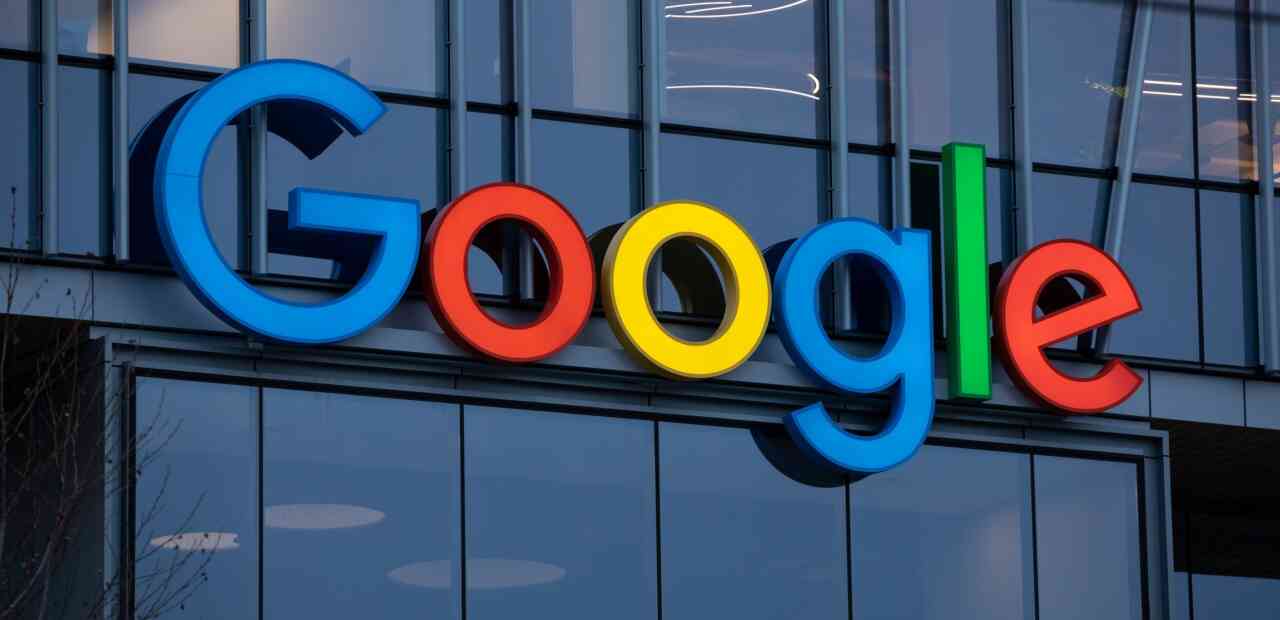Google Magi: What is it? What will it change? How should you prepare?
In April 2022, the New York Times first reported that Google was planning to transform its search engine, and that it had named the initiative “Magi”.
For the record: This is really really big news.
Thousands of companies (most likely yours included) rely on Google to generate income. So foundational changes to the platform will definitely require a response in order to protect (or increase!) business.
But Magi is also a bit mysterious. For all the downstream effects this project will have, Google hasn’t been super forthcoming (yet) with details.
That’s why I want to provide readers with an overview of what we do know, what changes we do anticipate, and how you can prepare and respond (both to the changes we know are coming and for unknown changes).
What we know about Magi:
- The scope: Google Magi will produce a completely new search engine in the long term, but will include iterative changes to the current search engine in the short term.
- The goal: To leverage AI to answer users’ questions and meet their needs, leading to a more holistic, streamlined and predictive search engine service. AI-integration will encompass SEO best practice analysis, content generation, and customized, anticipatory content delivery.
- The rollout plan: These features (or initial features) will launch exclusively in the U.S. this year, starting with 1 million users and expanding to 30 million by the end of the year.
- What it’s not: Bard. After the release of ChatGPT, Google’s knee jerk response was to introduce Bard – an “experimental, conversational AI service” – in February. It basically pulled from existing content and presented it in a conversational way, and people criticized it for its haphazard citing of sources and integration of ads.
Magi will be more than just a conversational facade of amalgamated content, and it will (as I outline below) incorporate much more fundamental changes to the search engine.
What changes do we anticipate Magi will usher into the search experience?
- Magi will anticipate users’ needs. Google’s new search engine will not only respond to direct queries, but sort through and understand the context of previous searches in order to anticipate what the searcher may need, even if they don’t ask it directly.
- Magi will personalize results. Because of the AI-powered analysis of each user’s unique needs, Google’s new search engine will be able to provide more personalized and nuanced responses. If you’re searching for summer dresses, it may deliver brands you like, or colors you gravitate toward.
- Magi will be more conversational. As I mentioned above, Magi will go way beyond Bard, but like Bard, the responses to queries will be conversational, using the power of AI-generated content.
- Magi will deliver content directly, rather than acting as a connection between the searcher and the content. A conversational response – as opposed to a list of relevant sources, or even a selected snippet answer – means that the new search engine will deliver responses and solutions directly to the user, rather than primarily connecting them to content sources. More on what that means (and how to prepare for that) below.
- Magi will eliminate the middle person for transactions. Not only will Google’s new search engine deliver content (via AI-generated responses) directly to users, it will also provide an opportunity for users to make purchases directly via Google, without navigating to a website to make a purchase. The pros to this may mean that a company doesn’t have to invest as heavily in building out their own ecommerce platform. The cons may include having less control over the customer relationship, and increased competition as the ecommerce barrier to entry is lowered.
- Magi will be able to analyze a site’s ranking factors. AI will empower Google’s new search engine to analyze the many factors needed for visibility – including backlinks, on-page optimization, social signals, structured data, etc.
How you can prepare for and respond to Magi
- Cater to more niche audience segments. If results are going to become even more personalized and nuanced, it may be worthwhile to focus content on a few extremely specific audience segments rather than a broader one. This may increase the likelihood that your content gets delivered to some people for whom it’ll be extremely relevant.
- Beef up good SEO practices. Since AI can analyze a site’s SEO ranking factors, such as backlinks, on-page optimization, social signals, structured data, etc., it’s more important than ever to optimize these elements of SEO in anticipation of the new search engine’s integration of AI analysis.
- Tweak your content to cater to a conversational style and AI-generated responses. The new search engine will rely heavily on delivering answers directly to the user in a conversational tone. So prepping content that reflects that style and can be easily pulled into AI responses can be helpful in securing traffic once the new search engine rolls out.
- Pay attention and stay nimble. As Magi leads to more and more changes to Google’s current search engine (and eventually leads to a new search engine), we will learn more and more. Pay attention to changes as they come, and stay nimble.
Areas to anticipate potential shifts in include metrics (you may get more direct acquisitions rather than sessions, as transactions bypass ecommerce sites), your individual content marketing sales funnel (you may need to focus more on retention if it becomes harder to source new leads), and granular and gradual updates to the SEO algorithms Google is using for search.


